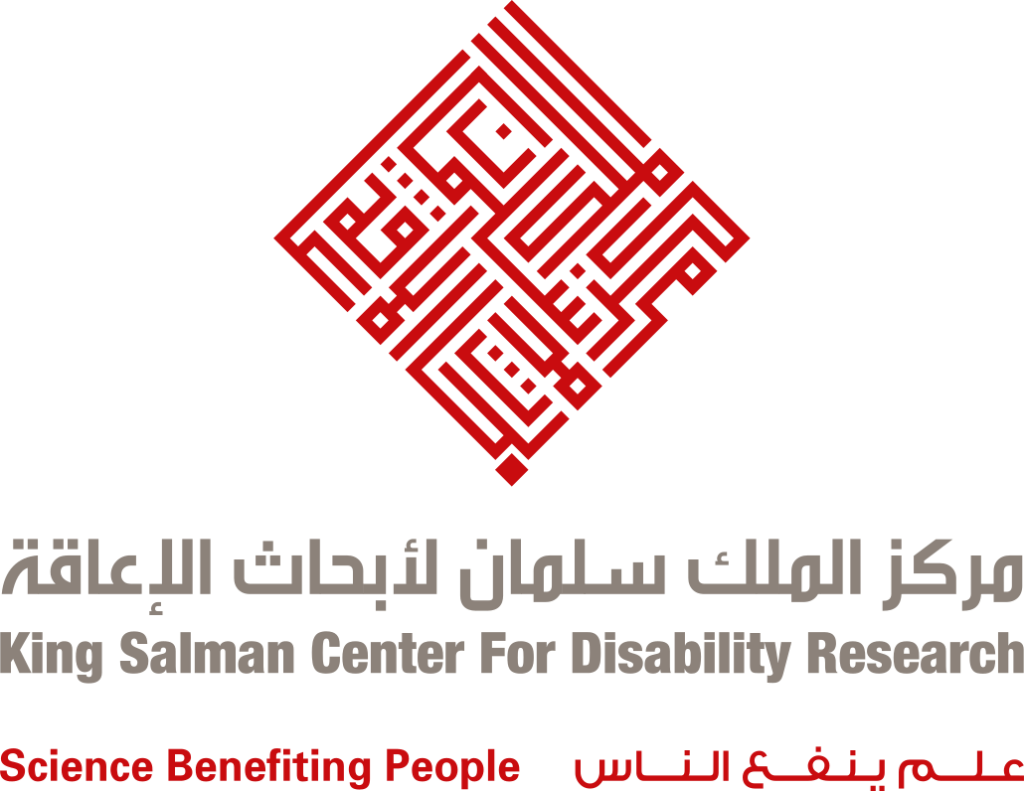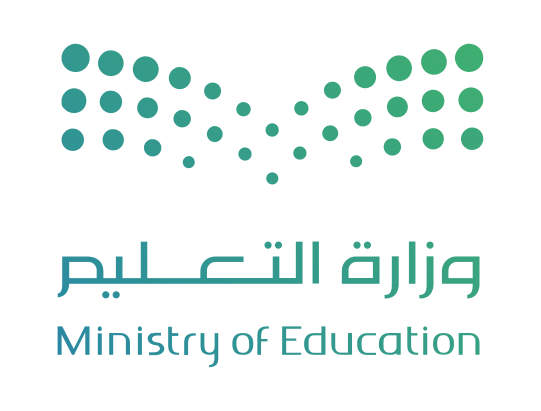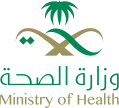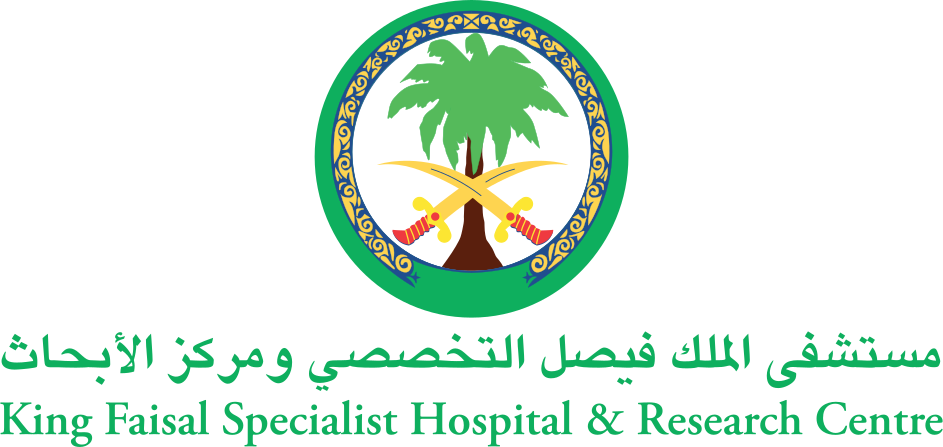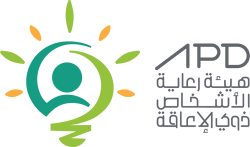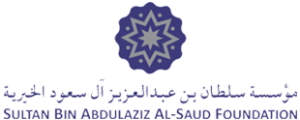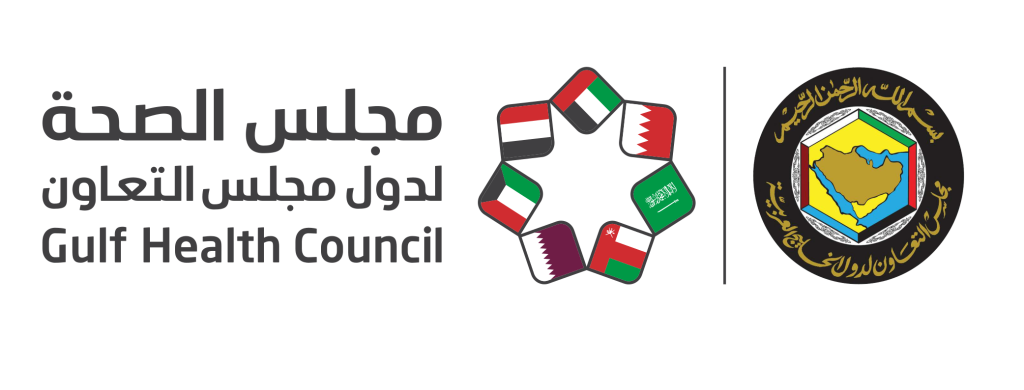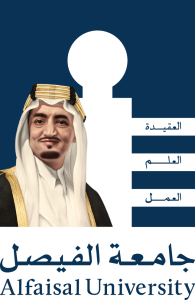
عن المؤتمر
عن المؤتمر
برعاية كريمة من مقام خادم الحرمين الشريفين الملك سلمان بن عبدالعزيز ــ حفظه الله ــ، سينظم مركز الملك سلمان لأبحاث الإعاقة “المؤتمر الدولي السابع للإعاقة والتأهيل” خلال الفترة من 6- 8 ديسمبر 2026 م في مدينة الرياض. وذلك بالتعاون مع عدة جهات، ويُعتبر هذا المؤتمر في نسخته السابعة حشداً علمياً دولياً سينطلق إلى آفاق رحبة بطموحات كبيرة تُحاكي طموحات المليك المفدى، ويساهم في إحداث نقلات نوعية في جميع المجالات المتعلقة بالإعاقة، ليكون مؤتمراً متميزاً رائداً كما يؤكد على ذلك مقام خادم الحرمين الشريفين ـ رعاه الله. ويُعد استكمالاً للمؤتمرات الستة السابقة، والتي تكللت بالنجاح بما خرجت به من توصيات أسهمت في تحسين الخدمات المقدمة للأشخاص ذوي الإعاقة، وتبني الدولة ـ أيدها الله ـ لعدد من البرامج الوطنية.
رؤية المؤتمر
أن يكون المؤتمر حدثاً علمياً دولياً يحاكي طموحات قائد مسيرة البلاد، ويساهم في إحداث نقلات نوعية في جميع المجالات المتعلقة بالأشخاص ذوي الإعاقة. توفير فرص متنوعة للتطوير المهني، والعلمي، والثقافي، في مجالات الإعاقة للباحثين والمهتمين والأشخاص ذوي الإعاقة، وأسرهم، ومقدمي الخدمات في مجال الإعاقة، مما سيسهم في تطبيق أفضل الممارسات في جميع مجالات الإعاقة لتجويد حياة الأشخاص ذوي الإعاقة.
توافق المؤتمر مع رؤية 2030
1. يعزز المؤتمر مكانة المملكة، ويسهم في تحقيق رؤيتها (2030) من خلال تمكين الأشخاص ذوي الإعاقة، وتأهيلهم لسوق العمل.
2. يتسق المؤتمر مع الأهداف الإستراتيجية لبرنامج جودة الحياة منها:
- تهيئة جميع المرافق والبنية التحتية لاستخدامات الأشخاص ذوي الإعاقة.
- تطوير الرياضات الملائمة للأشخاص ذوي الإعاقة في المؤسسات التعليمية.
- تمكين الأشخاص ذوي الإعاقة، ودمجهم في المجتمع، وتحسين نمط حياتهم.
- تمكين الأشخاص ذوي الإعاقة من الحصول على فرص عمل مناسبة، وتعليم يضمن استقلاليتهم، واندماجهم بوصفهم عناصر فاعلة في المجتمع ومدهم بكل التسهيلات والأدوات التي تساعدهم على تحقيق النجاح.
- تفعيل الصحة الرقمية، وتمكين الأشخاص ذوي الإعاقة.
المجالات العلمية
تمثل هذه المجالات السبعة الإطار المرجعي الشامل لمحاور المؤتمر، وتغطي أبعاد الإعاقة والتأهيل من منظور علمي وتطبيقي واستشرافي، وفق أحدث الاتجاهات العالمية
اولاً: الصحة والتأهيل الطبي، يشمل:
- العلوم الصحية والطبية
- الرعاية الصحية والتأهيل الطبي
ثانياً: العلوم التربوية والنفسية، يشمل:
- التربية الخاصة والتعليم الشامل
- العلوم التربوية والنفسية
ثالثاً: التمكين المجتمعي والاقتصادي، يشمل:
- الابتكار وريادة الأعمال
- قياس الأثر
رابعاً: التقنيات والتطبيقات الذكية، يشمل:
- التطبيقات التقنية والتقنيات المساعدة
- الذكاء الاصطناعي والتحول الرقمي
- التكنولوجيا والابتكار في الإعاقة
خامساً: الوصول الشامل والدمج المجتمعي، يشمل:
- الوصول الشامل والبيئات الدامجة
- مبادرات الدمج المجتمعي والثقافة الشاملة
سادساً: السياسات والأنظمة والتشريعات، يشمل:
- السياسات والتشريعات لحقوق الأشخاص ذوي الإعاقة
- الحوكمة، التوافق مع الاتفاقيات الدولية، الممارسات التنظيمية
سابعاً: أبحاث المستقبل والعلوم المتقدمة، يشمل:
- الجينوم والطب الدقيق
- مستقبل الذكاء الاصطناعي
- استشراف المستقبل وتحديات الغد
محاور المؤتمر
تمثل هذه المحاور الإطار التنفيذي للمجالات العلمية السبعة، وتُستخدم لتوجيه الجلسات والبحوث والمناقشات، بما يعكس أحدث التوجهات في مجالات الإعاقة والتأهيل:
اولاً: التكامل الصحي والتأهيلي: نحو جودة حياة مستدامة
يُناقش هذا المحور مستجدات الرعاية الصحية والتأهيلية، وأثر الطب الدقيق، والعلاج المتعدد التخصصات في تحسين نتائج الرعاية وتمكين الأشخاص ذوي الإعاقة صحياً ووظيفياً.
ثانياً: التعليم الشامل والدعم النفسي: بيئات تعليمية للجميع
يركز على تطوير التعليم الجامع، واستراتيجيات التربية الخاصة، والصحة النفسية، وتوفير بيئات تعليمية دامجة تعزز من قدرات الطلاب ذوي الإعاقة وتحفّز استقرارهم النفسي والمعرفي.
ثالثاً: من التمكين إلى التأثير: ريادة واندماج اقتصادي واجتماعي
يستعرض مبادرات التوظيف وريادة الأعمال، وأثر التمكين في حياة الأشخاص ذوي الإعاقة، مع التركيز على الابتكار الاجتماعي وقياس أثر البرامج التنموية.
رابعاً: التقنية المساعدة والذكاء الاصطناعي: أدوات تصنع الفرق
يُسلط الضوء على دور الذكاء الاصطناعي، والتقنيات المساعدة، والابتكارات الرقمية في تسهيل حياة ذوي الإعاقة، وتمكينهم من الوصول إلى الخدمات والتعليم والعمل.
خامساً: الوصول الشامل والدمج المجتمعي: مجتمعات متكاملة للجميع
يناقش السياسات والممارسات التي تضمن وصولاً عادلاً ومتكافئاً إلى الأماكن، والخدمات، والمعلومات، مع عرض مبادرات دمج الأشخاص ذوي الإعاقة ثقافياً واجتماعياً.
سادساً: التشريعات والحوكمة: حقوق تُمكّن وعدالة تُحقق
يتناول تطوير السياسات الوطنية والدولية، وتفعيل التشريعات الضامنة لحقوق ذوي الإعاقة، وأطر الحوكمة الرشيدة، والامتثال للمعاهدات الدولية ذات الصلة.
سابعاً: استشراف المستقبل: التحولات العلمية والتقنية القادمة
يستعرض التحديات والفرص المستقبلية في مجالات الإعاقة، ويعزز التفكير الاستراتيجي المبني على البيانات والبحث العلمي لتطوير سياسات واستجابات مبتكرة ومبكّرة.
الأهداف العامة للمؤتمر
- إبراز الدور الريادي للمملكة العربية السعودية في البحث العلمي المتخصص في مجال الإعاقة.
- إثراء الميدان من خلال عرض كيفية تطبيق نتائج البحث العلمي؛ لخدمة الأشخاص ذوي الإعاقة وأسرهم في مختلف المجالات.
- مناقشة القضايا العلمية والاتجاهات المعاصرة في مجال تمكين الأشخاص ذوي الإعاقة.
- تبادل الخبرات العلمية الدولية في تسهيل انتقال الأشخاص ذوي الإعاقة الأمن من الطفولة للشباب.
- الاستفادة من التجارب والممارسات المستندة على إلى البراهين لمواجهة التحديات في مجال الإعاقة.
- تعزيز الشراكات بين القطاعات؛ لخدمة الأشخاص ذوي الإعاقة.
- تسليط الضوء على دور ريادة الأعمال في مختلف القطاعات؛ لتدريب وتوظيف الأشخاص ذوي الإعاقة.
- تشجيع الابتكار في المجال التكنولوجي بما يسهم في تمكين الأشخاص ذوي الإعاقة وتحقيق استقلاليتهم.
الفئات المستهدفة

8558 شخص يمثلون الفئات التالية
مجالات المشاركة

أبحاث علمية

ورش عمل


